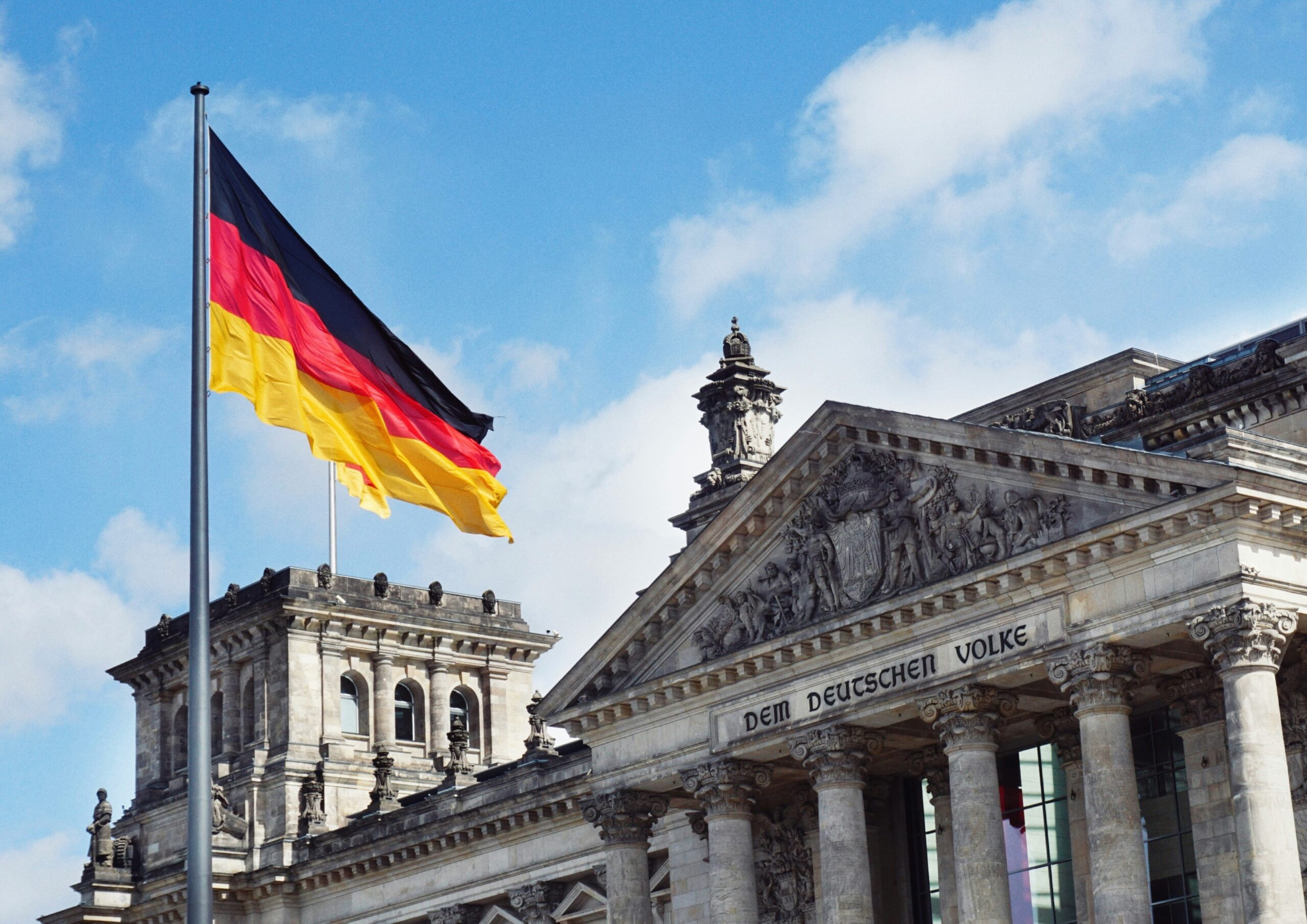
The AfD: How it Could reshape German Family Policy and Climate Action
The rise of the AfD in the upcoming German election could have significant implications for family policy and climate change. As the party gains traction, its stance on increasing birth rates, reshaping social policies, and challenging climate action could shape Germany’s future.
Germany heads to the polls this Sunday, with the far-right Alternative für Deutschland (AfD) currently predicted to secure the second largest voter share. Only the conservative CDU (Christian Democratic Union), Merkel’s former party, is polling ahead. Some of the AfD’s success can be attributed to its exhaustive TikTok outreach, which has made considerable inroads with some of the 2.3 million first-time voters.

afd’s rise in popularity
The party was founded in Oberursel in 2013 out of frustration with the euro crisis, which had left several EU member states in financial turmoil. Germany played an active role in the bailout efforts, providing financial support to safeguard the euro’s stability, although not everyone agreed with the strategy.
The “alternative” in the party’s name was originally a direct rebuttal of then-chancellor Merkel’s statement that there was “no alternative” to saving the euro. However, as Germany’s once stellar economy started to slow; suffering from a culmination of the aftermath of Covid, geopolitical tensions with Russia (a crucial energy supplier), and lingering political divisions over the 2015 decision to welcome refugees from the Syrian civil war, the “alternative” quickly came to represent a new way of doing politics altogether. After early successes in the European elections, the AfD gradually saw a rise in popularity, particularly in eastern German states.
Elon Musk’s decision to publicly back the AfD, appearing at their campaign rallies and interviewing Alice Weidel, co-chair of the party, on X has boosted their international recognition and strengthened their overall stance in the election.

PROMOTING “german” families
The strong “Erinnerungskultur” (culture of remembrance) in Germany, which involves confronting and acknowledging the crimes of the National Socialist era, means the AfD have been keen to distance themselves from any historical comparisons. As a result, they’ve been cautious, but clear, in how they market their views on promoting the native German birthrate. Their manifesto calls for a “demographic turnaround” they claim will transmit German culture and stabilise the country’s social systems. Although they’ve refrained from setting explicit numerical targets this election cycle, previous campaigns promoted the three-child family as the optimal means of addressing what they refer to as a “birth deficit”. The party’s financial proposals to encourage larger families—including tax credits and pension contributions—remain loosely defined.
Slightly less openly publicised is their corresponding stance on abortion. They argue financial support for couples will reduce what they feel is an excessively high abortion rate. Interestingly, according to World Population Review, the abortion rate in Germany was 5.4 per 1,000 women in 2024. Only 12 of the 151 countries included in the list had lower abortion rates.
However, their proposed policies in this area also remain vague. While stopping short of explicitly calling for an outright ban, the AfD has advocated stringent restrictions and pushed to end the recognition of abortion as a human right, or its support by the state. Evidence from the Guttmacher Institute shows it’s when women have access to sexual and reproductive health and rights, increased education and greater gender equality that abortion rates fall.

REJECTING CLIMATE ACTION
One thing that is clearer is their stance on climate policies. The AfD have long argued that human activity does not cause global warming, claiming the warming of the globe is a natural process. They reject any form of climate policy and are keen to withdraw from the Paris Climate Agreement and the EU’s “Green Deal”. A key part of this involves rolling back Germany’s energy transition, including reversing the phase-out of nuclear power while reducing subsidies for renewable energy, and eliminating funding programmes for climate protection “without replacement“. They want to cut the building of electric vehicle infrastructure, although whether their newfound relationship with Musk might alter this remains to be seen.
Currently, the other major parties have been firm in their refusal to form a coalition with the AfD, an essential requirement for taking government in Germany. However, their growing support, including among young voters, has already led to collaboration on select policies related to migration.
The rise of the AfD reflects a broader global trend where far-right movements push nationalist policies under the guise of preserving cultural identity. From Belarus’ financial incentives for large families to the rollback of abortion rights in the U.S., these governments attempt to engineer higher birth rates by restricting reproductive freedom. Yet such policies rarely achieve their intended demographic goals. Instead, they often lead to greater economic strain, reduced gender equality, and public resistance. As voters prepare for this Sunday’s election, it remains to be seen what direction Germany will take in the long run.
_________________________________________________
This blog is part of a recent series looking at global elections and the impact they have on reproductive rights, climate policy and other issues included in our five-year vision.



